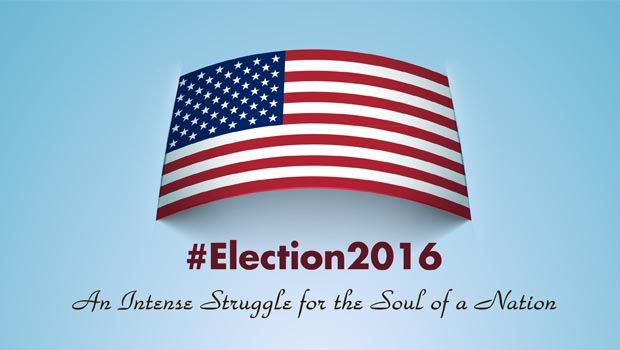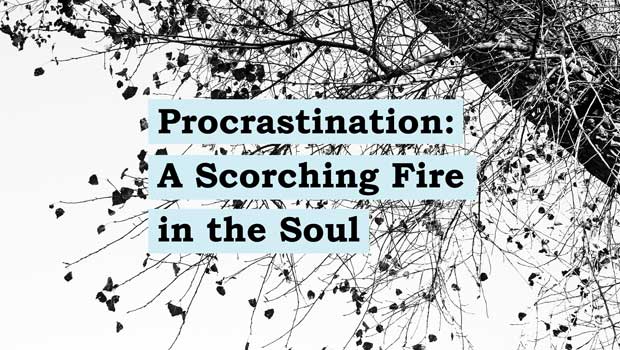Fear and anxiety among Muslim Americans of all ages and backgrounds is quite palpable. These emotions are not unusual during an election year, and given the rise of hate crimes against Muslims, they are also understandable. As this issue of the magazine goes to print, a beloved Imam in Queens and his assistant were executed in broad daylight. Imam Alauddin Akhonjee and Thara Uddin were walking home after mid-day prayer services when 35-year-old Oscar Morel walked up behind them and allegedly shot them. Within hours after the shooting, both Imam Alauddin and Thara Uddin passed away. Morel has been charged with first-degree murder. In another recent incident, Khaled Jabbara, a Christian American of Lebanese descent was shot and killed by his neighbor, Stanley Vernon Majors, in Tulsa, Oklahoma, after Stanley repeatedly called Khaled a “dirty Arab.”
Today, our very pluralism which once was a strength is now at risk with endless calls to “take back our nation.” From whom? Who took our nation?
The Republican nominee for president has reiterated his call for a ban on the entry of Muslims into the United States until his future administration designs a terror-proofing vetting system. With the repeated occurrence of terror attacks attributed directly to ISIS or ISIS-sympathizers, there are frequent public statements attributing the rise of terrorism to “radical Islam.” One may be tempted to think that with all this attention on Islam and Muslims, maybe election 2016 is about us – that somehow everyone in government and on Main Street is thinking day and night about Islam and Muslims.
While there is most certainly a systematic effort to demonize Muslims (see the Fear Inc. 2.0 report), and the number of attacks against Muslims or even those who “look like” Muslims is rising, election 2016 is not about America’s struggle with Islam. Election 2016 is actually an intense struggle for the soul of America. On the one hand, there are those who are convinced that the soul of the nation is White and the salvation of that soul is only through the Christian faith. The sentiments among this group are along these lines: a) America used to be great when it was mostly White and Christian; b) the population growth of racial and ethnic and non-Christian communities should strike fear in our hearts and is causing our nation’s decline; and therefore, c) by limiting the growth of those minorities, by keeping them under social, financial, and political control, we can make America great again.
On the other hand, there are those who are convinced that the soul of the nation is strong precisely because it is diverse, that we are already great as a nation and will only become better because of the collective contributions of this increasingly diverse population. And it just so happens that Muslim Americans are among the most diverse racial and ethnic communities at this time in American history. Still, we are just one aspect of the demographic shifts in the nation. Yet, we draw disproportionate national attention for two reasons. First, as a result of Islamophobic political campaigning and media sensationalizing; and second, the perpetual framing of Islam and Muslims in negative terms by the authorities and pundits in the national security and counterterrorism discourse.
Turn Back Time, Then Go Fast Forward
A look at history tells us that demographic shifts have consistently sent tremors and caused varying reactions from local level tensions to national level nativist movements since the founding of our nation. When the Irish Catholics entered the U.S. during the 1840s, the nation was comprised mostly of Protestant, White Americans of northern and western European descent. John Higham, in “Strangers in the Land,” documents the intense anti-Catholic bigotry of that time. The message was clear: the nation was going to remain White by race, Anglo Saxon by ancestry, and Protestant by faith – hence the commonly known acronym W.A.S.P. Anti-immigrant and anti-Roman Catholic sentiments spurred the rise and growth of the “Know Nothing Party,” referring to the answer – “I know nothing” – that members were instructed to give if asked about their nativist organization. Even though nearly 150 years have passed since that period of intense bigotry, examining the sociopolitical climate today one could conclude that indeed it is as if nothing actually changed from that time.
The narrow-mindedness and outright contempt for anyone not White or not Christian, whether in the 1840s or today, are phenomena existing on one continuum. They are not somehow distinct or disparate. The perpetrators of such bigotry behaved against minorities in the same way in the 1840s as they did during the dreaded Jim Crow era. They stirred up fear of minorities. They fueled hatred against the so-called “new arrivals.” They pitted the unemployed poor Whites against hard-working newly freed slaves and immigrants.
Towards the end of the Reagan administration in 1988, David H. Bennett published a book entitled “The Party of Fear: From Nativist Movements to the New Right in American History” (University of North Carolina Press). In tracing the history of nativist movements in America, he Identified the Know Nothing Party as the “party of fear” – whose leaders believed that “saving America was worth paying any price” (p. 3). Their hate-filled rhetoric warned of the threat from the “alien enemy,” referring to the Irish Catholics. He examines the behavior of elected officials of that time, affected very much by the climate of hatred and fear, and concludes that not unlike today, they even “refused to treat those whom they feared with tolerance or civility” (p. 3).
Fast forward to 2016 and it appears that the social environment is indeed characterized by intense bigotry and fear. The very soul of the nation is threatened by people who have consumed the rhetoric from far-right individuals affiliated with the Republican Party or, more aptly, the contemporary “party of fear.” The Republican nominee, Donald Trump, has ensured for himself a place in history, albeit an infamous one, due to the brazen intolerance and uncivility of his speeches and even his tweets. One thing, however, is clear: while Muslims may be among those targeted in his rhetoric, there is much more at stake. At the local neighborhood and community levels, at the state and regional levels, and ultimately at the national level, the outcome of #Election2016 could very much throw our nation into chaos. Who we are as a people, what we stand for and indeed against, and how we confront challenges and resolve them — all of these until only recently have set us apart from other nations of the world. Today, our very pluralism which once was a strength is now at risk with endless calls to “take back our nation.” From whom? Who took our nation?
Make No Mistake, We Are Already Great
The fact of the matter is, our nation is in need of improvement, of short and long-term fixes to a host of issues; but we are by and large a prosperous nation with a thriving democracy. We have made tremendous scientific, technological, and medical advancements. But we have also made horrendous foreign policy choices. Regarding Palestine, that goes back decades. Other examples include Afghanistan, Iraq, and Syria, and the premature rescinding of most of the sanctions against Myanmar (Burma) in 2012, while the Rohingya Muslims continue to suffer discrimination and other human rights abuses. Our nation has enslaved a people, dehumanized them and declared through a series of local and national legislative pen strokes, essentially, that their lives do not matter. But our system of democracy also allows for the birth and rise of the #BlackLivesMatter movement. We have the 1 percent of our population who enjoy incomprehensible wealth and access to political power. We also have the 99 percent of our population whose lives range from barely surviving and one paycheck away from homelessness, to those holding on as members of a slowly vanishing middle class.
Yet, with all our problems and issues, our multicultural, multiracial, multi-faith society is enviable. Our neighbors are people who are descendants of various native American tribes, of slaves from West Africa, of the earliest settlers, and yes, of almost every known nation on earth. We have a rich ethnic, ideological, and religious diversity. The majority of Americans subscribe to, and strive to fulfill, the motto e pluribus unum — out of many one – indeed, out of many souls, one soul, the soul of a nation. Our nation, which despite all its flaws, is still the destination of choice for immigrants. “The New Colossus,” a poem, written by Emma Lazarus in 1883, was engraved on a bronze plaque and mounted in 1903 inside the Statue of Liberty monument. The famous line, familiar to most Americans, expresses the welcome this nation has extended to immigrants in its finer inclinations: “Give me your tired, your poor, your huddled masses yearning to breathe free…”
The Way Forward
Whatever the result of #Election2016, one thing should be clear to Muslim Americans: while we are experiencing a very challenging time due to the intense bigotry and very real verbal and physical attacks on individuals in our community, this election is only a little bit about us. In reality, the social fabric of our nation has been stretched and pulled until it seems it could tear. The hatred, the climate of fear, and the animosity fueled between supporters of the presidential candidates must be acknowledged and addressed with utmost seriousness both as Election Day approaches and in the aftermath of the elections. What we know by now is that the struggle this election is not about Muslims alone, or any one minority group. #Election2016 is actually an intense struggle for the soul of our nation. Equally intense local planning, spearheaded by interfaith and social justice coalitions, will be critical to anticipate and help put out even the faintest sparks of anger and rage. We have no choice but to salvage the soul. Dr. Martin Luther King Jr. once wrote that we are “a family unduly separated in ideas, culture and interest, who, because we can never again live apart, must learn somehow to live with each other in peace.”





